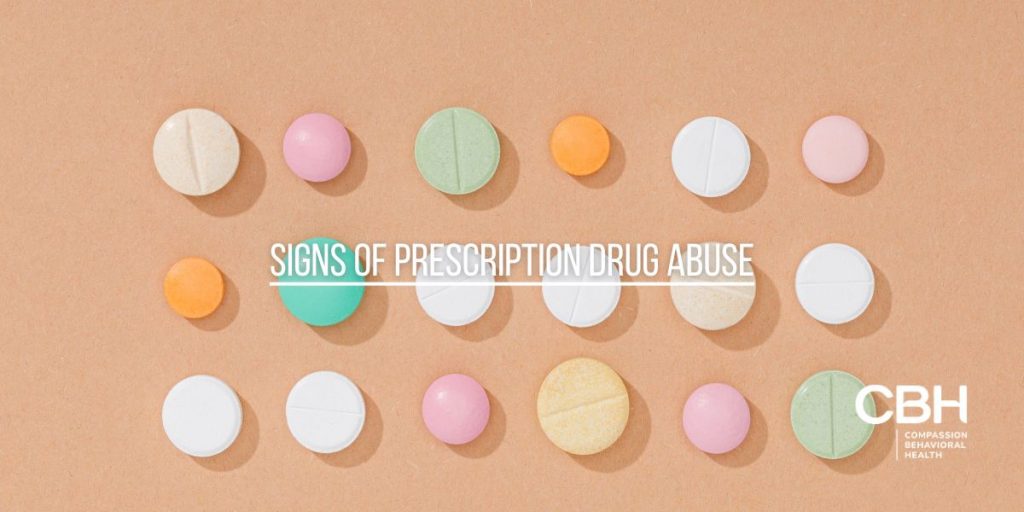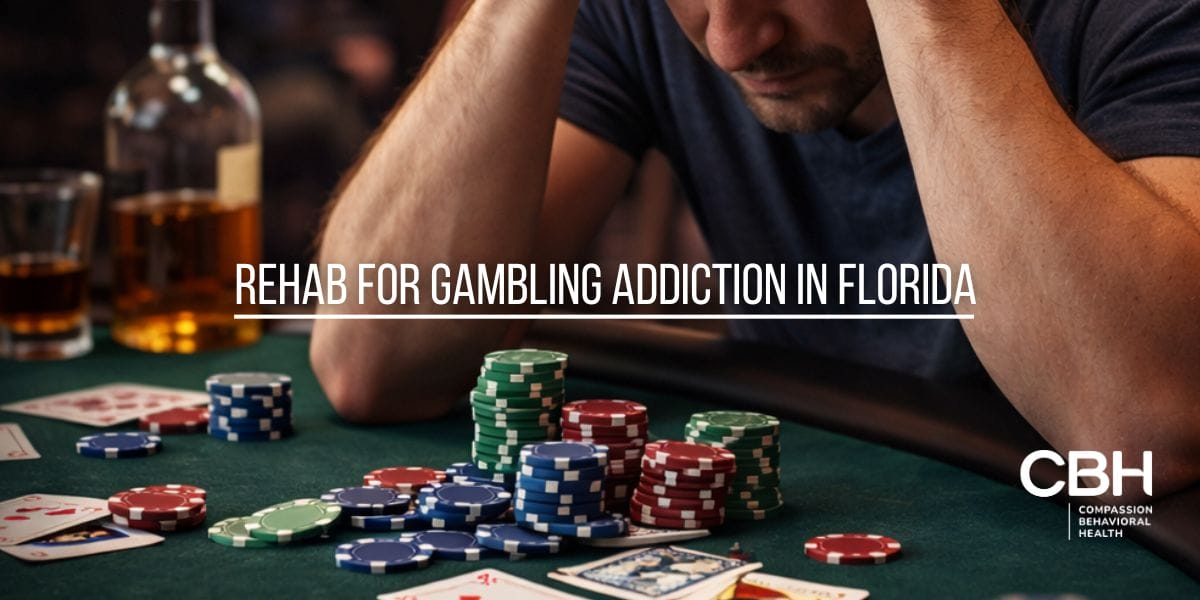Prescription drug abuse is the nonmedical use of prescription drugs in a way other than prescribed or for reasons other than intended. It is a growing problem that can have serious consequences for individuals and society as a whole. It is important to be aware of the signs of prescription drug abuse so that you can take action if you suspect someone you know may be struggling with this issue. This article will explore the various signs of prescription drug abuse and provide helpful information on what to look for.
Understanding Prescription Drug Abuse
Before we delve into the signs of prescription drug abuse, it is essential to have a clear understanding of what prescription drug abuse actually is. Prescription drug abuse refers to the misuse or overuse of prescription medication, including painkillers, sedatives, and stimulants.
It is important to note that prescription drug abuse can have serious consequences on an individual’s physical and mental health. Prolonged misuse of prescription drugs can lead to addiction, overdose, and even death. Additionally, the misuse of prescription medication can also have detrimental effects on one’s personal relationships, work performance, and overall quality of life.
Defining Prescription Drug Abuse
Prescription drug abuse occurs when individuals take medication in a manner or dose other than prescribed by a healthcare professional. This can include taking larger doses than recommended, taking the medication more frequently than prescribed, or taking someone else’s prescription medication.
Furthermore, the misuse of prescription drugs can also involve combining them with other substances, such as alcohol or illicit drugs, which can amplify the risks and potential dangers associated with their use. This polydrug abuse can have severe consequences on both physical and mental health, making it crucial for individuals to seek help and support if they are struggling with prescription drug abuse.
The Prevalence of Prescription Drug Abuse
Prescription drug abuse has become a significant public health concern in recent years. According to the Substance Abuse and Mental Health Services Administration, an estimated 18 million people in the United States have misused prescription drugs at least once in their lifetime. This makes it crucial to be able to recognize the signs of prescription drug abuse.
As the rates of prescription drug abuse continue to rise, it is important for healthcare providers, policymakers, and communities to work together to implement strategies aimed at preventing and addressing this growing issue. Education, access to treatment programs, and the development of alternative pain management approaches are all vital components in combating prescription drug abuse and promoting overall health and well-being.
Physical Signs of Prescription Drug Abuse
There are several physical signs that may indicate someone is abusing prescription drugs.
Prescription drug abuse can have a profound impact on an individual’s overall well-being, not just internally but also externally. In addition to the changes in appearance and unusual sleep patterns, there may be other noticeable signs that could raise concerns.
Changes in Appearance
Individuals who are abusing prescription drugs may experience changes in their physical appearance.
These changes can include:
- Sudden weight loss or gain
- A decline in personal hygiene
- Changes in skin condition
Moreover, prolonged abuse of certain prescription drugs can lead to more specific physical manifestations such as dilated or constricted pupils, bloodshot eyes, and even tremors or slurred speech. These visible changes can be alarming indicators of potential substance abuse.

Unusual Sleep Patterns
Another physical sign of prescription drug abuse is changes in sleep patterns. This can manifest as frequent insomnia or excessive sleepiness.
Furthermore, individuals struggling with prescription drug abuse may exhibit erratic behavior, mood swings, and impaired coordination. These additional symptoms can often be linked to the specific type of prescription drug being abused and the impact it has on the individual’s central nervous system.
Behavioral Signs of Prescription Drug Abuse
Alongside physical signs, there are also behavioral signs that may indicate someone is struggling with prescription drug abuse.
Prescription drug abuse can manifest in various behavioral signs that are important to recognize. In addition to the physical effects, understanding the behavioral cues can help in identifying and addressing the issue effectively.
Mood Swings and Emotional Instability
One of the behavioral signs of prescription drug abuse is sudden mood swings and emotional instability. Someone who is abusing prescription drugs may experience erratic emotions, ranging from intense euphoria to extreme irritability.
These mood swings can be challenging not only for the individual experiencing them but also for those around them. The unpredictability of emotions can strain relationships and make it difficult for loved ones to understand and support the person struggling with prescription drug abuse.

Social Withdrawal and Isolation
Another behavioral sign is social withdrawal and isolation. Individuals who are abusing prescription drugs may distance themselves from friends and family, preferring to spend time alone.
Isolation can exacerbate the effects of prescription drug abuse as it removes the individual from potential sources of support and intervention. Recognizing this behavior early on and offering a supportive environment can be crucial in helping someone address their struggles with prescription drug abuse.
Psychological Signs of Prescription Drug Abuse
Prescription drug abuse can also have psychological effects that are important to be aware of.
When someone is struggling with prescription drug abuse, there can be a myriad of psychological signs and symptoms that may manifest. These signs can vary depending on the type of medication being abused and the individual’s unique response to it. It is crucial to pay attention to these psychological indicators to identify and address the issue effectively.
Increased Anxiety or Depression
One psychological sign of prescription drug abuse is an increase in anxiety or depression. Abuse of certain prescription medications can lead to changes in brain chemistry, resulting in heightened levels of anxiety or episodes of depression.
An individual grappling with prescription drug abuse may find themselves overwhelmed by feelings of anxiety or sadness that seem to intensify over time. These emotions can impact their daily functioning and quality of life, making it essential to seek help and support to address the root cause of these psychological struggles.
Memory and Concentration Issues
Individuals who are abusing prescription drugs may experience memory and concentration issues. They may have difficulty remembering things or struggle to focus on tasks.
In addition to emotional challenges, those misusing prescription drugs may also encounter cognitive difficulties such as memory lapses and concentration problems. These issues can interfere with their ability to perform well at work or school, further exacerbating the impact of drug abuse on their overall well-being. Seeking professional assistance and guidance is crucial in addressing these cognitive impairments and promoting recovery and healing.
The Impact of Prescription Drug Abuse on Health
Prescription drug abuse can have serious long-term health consequences.
It is important to note that the impact of prescription drug abuse goes beyond just physical health. Individuals who abuse prescription drugs may also experience mental health issues such as anxiety, depression, and cognitive impairments. The misuse of these medications can lead to a decline in overall well-being and quality of life.

Long-term Health Risks
Abusing prescription drugs can lead to a range of long-term health risks, depending on the specific medication being abused. These risks can include organ damage, heart problems, and even death.
Furthermore, chronic abuse of prescription drugs can result in the development of tolerance and dependence, making it harder for individuals to stop using the medications even when they recognize the harm it is causing. This cycle of addiction can have devastating effects on an individual’s physical and mental health, as well as their relationships and daily functioning.
The Dangers of Overdose
Overdosing on prescription drugs is a significant risk for individuals who are abusing them. Mixing prescription drugs or combining them with other substances can have lethal consequences.
In addition to the immediate dangers of overdose, long-term abuse of prescription drugs can also lead to respiratory problems, gastrointestinal issues, and neurological complications. These health issues can have a lasting impact on an individual’s quality of life and may require intensive medical intervention to address.
Prescription Drug Addiction Treatment at CBH

Recognizing the signs of prescription drug abuse is crucial for early intervention and support. By understanding the physical, behavioral, and psychological signs, you can help identify individuals who may be struggling with prescription drug abuse and guide them toward the help they need. If you suspect someone you know may be abusing prescription drugs, it is essential to approach the situation with compassion and encourage them to seek professional help. Remember, early intervention can make a significant difference in someone’s recovery.
If you or a loved one is showing signs of prescription drug abuse, don’t wait to seek help. At Compassion Behavioral Health, we understand the courage it takes to reach out for support. Our tailored approach to mental health and substance use treatment ensures that you receive the personalized care necessary for sustainable recovery. Our team of experts is ready to provide the guidance and compassion you need during this critical time. Conveniently located in South Florida, our Hollywood rehab center is a place of healing and hope. Call us today to take the first step towards reclaiming your life.



